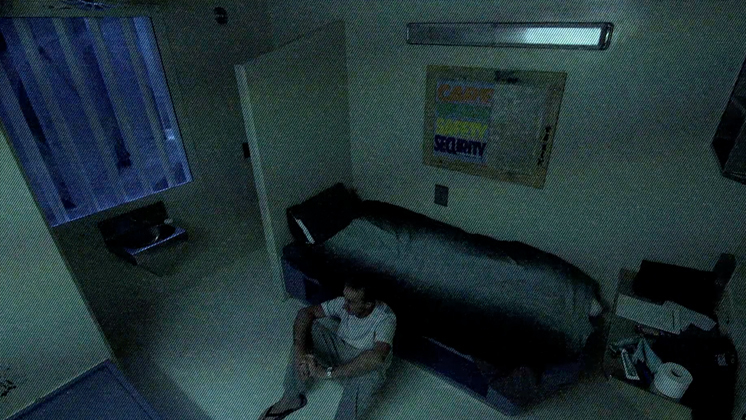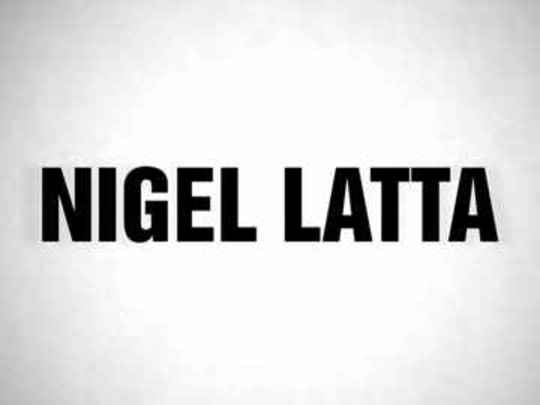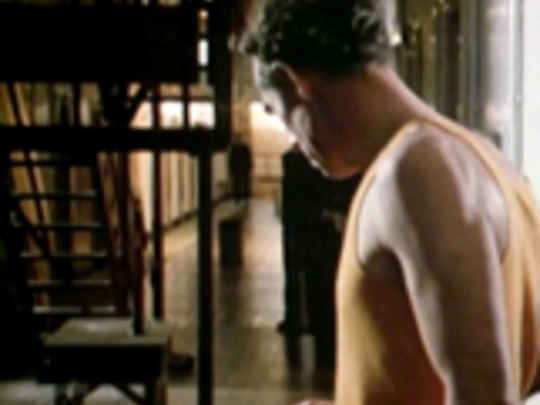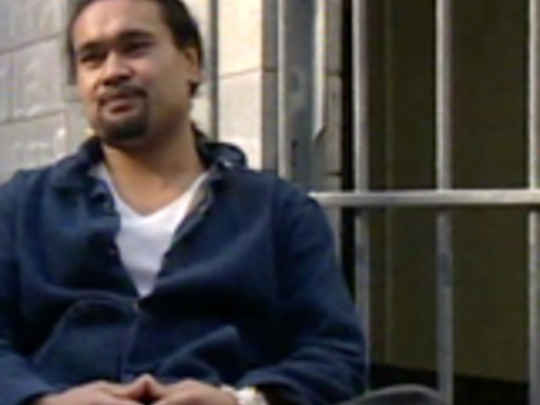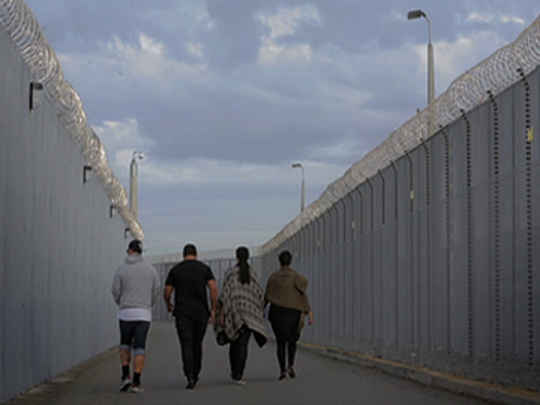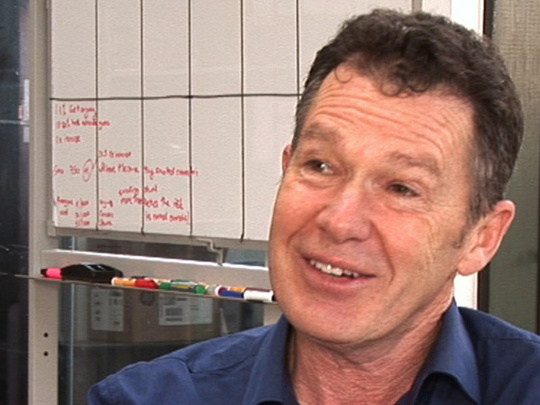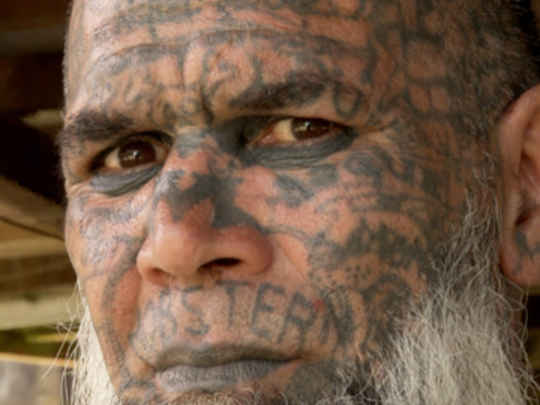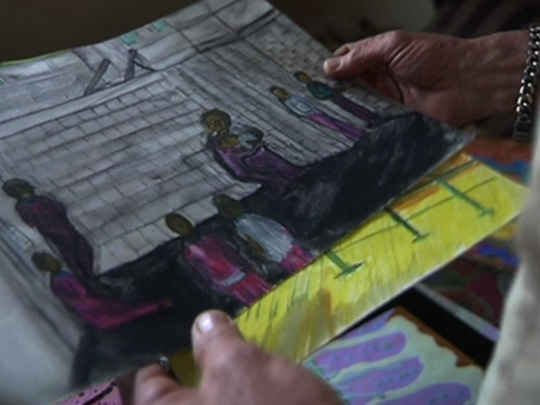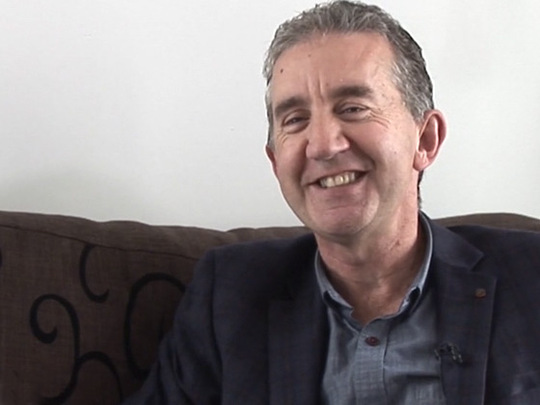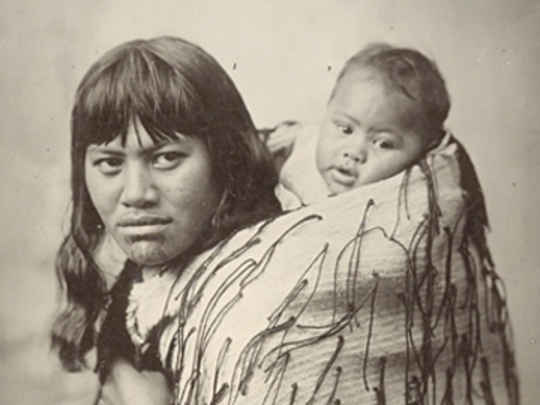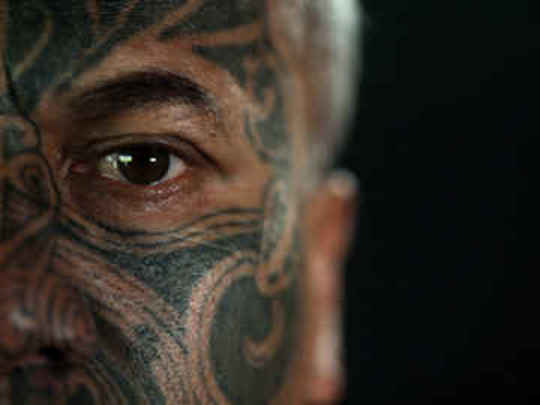Locking people up is big business in New Zealand. There are currently 8,500 inmates in New Zealand, housed in 17 prisons — $4 billion dollars worth of facilities. It costs $100,000 a year to keep someone in jail, so we’re spending a billion dollars a year keeping people locked up.
– Presenter Nigel Latta, at the start of this programme
I think the New Zealand mass media have got a vested interest in perpetuating people's fears of crime .... Because the more you can sensationalise crime, the more you can play up people's anxieties and worries, then the more likely it is you're going to have a bigger audience for your six o'clock news programme.
– John Pratt, Director of the Institute of Criminology, near the start of this episode
It feels like the system's been built for us, and we're required to keep it going. Once you've got all this concrete and bars in place, you need to have someone to fill them.
– Ex-inmate Shane
Layer by layer, they strip away your freedom, your sense of control, and then your dignity.
– Psychologist and presenter Nigel Latta enters the prison system, including a strip search at Rimutaka Prison
And the hardest thing is, sometimes I still do it now: I sit by the door waiting for it to open. Like eight o'clock in the morning, you sit there like, 'doors gonna open soon.'
– An anonymous ex-prisoner on the after-effects of being in prison
...that's part of staying alive in jail aye — stand up for yourself. It wasn't the screws, it wasn't the system — they were nothing. They're easy stuff — they're not going to stab you in the shower, not going to beat you to a pulp, not going to push you into protection, aye. Not going to mean you're going to do the next nine years with the child molesters and the narcs, where you know everyone spits on you, even the staff. So I made sure that I played by the inmate rules.
– Ex inmate Shane on surviving prison
Even though our population increased by 25 percent in the last three decades, our prison population increased by 300 percent. But there hasn’t been any decrease in serious crime. If we're doing this to make us safer, it hasn't worked.
– Presenter Nigel Latta on crime and punishment in Aotearoa, early in this episode
Where people have a chance to exercise a discretion, they don't usually exercise it in the direction of a young brown person. So if you take a young brown person, a young Pākehā person misbehaving on the North Shore, the public are more vigilant at reporting brown people misbehaving. And when the police turn up, they're more vigilant at processing those young people. So, they tend to be more prosecuted, and it goes all the way through the system, where all these small discretions end up in quite a big difference in outcome.
– Professor Chris Cunningham, from the Research Centre for Māori Health and Development
The evidence we've concluded is that prison makes things worse. Because you're doing exactly the thing that drove the people to prison: you're exposing them to bad role models, you know?
– Professor David Fergusson on the downsides of the prison system
The research suggests that 50 to 60 percent of prisoners have some level of mental health problem. Basically, we hide them behind the fence, and kind of forget about them.
– Author and drug and alcohol counsellor Roger Brooking, near the end of this episode
...what you've just described is a recipe for disaster: you throw them in there, piss them off more, traumatise them more, make them more angry, equip them with more skills of how to do bad stuff, and then put them back into society.
– Professor Richie Poulton on the idea that making prisons 'harder' will be an effective deterrent
Various political parties tried to outstrip one another in their eagerness to get tough on people. And so we saw that doubling of the imprisonment rate between 1990 and 2010.
– Policeman turned prisoners' rights advocate Kim Workman, early in this documentary
...one of the most bleak and depressing things I've ever done.
– Nigel Latta on spending a night in a cell at Rimutaka Prison, The NZ Herald, 20 July 2014
